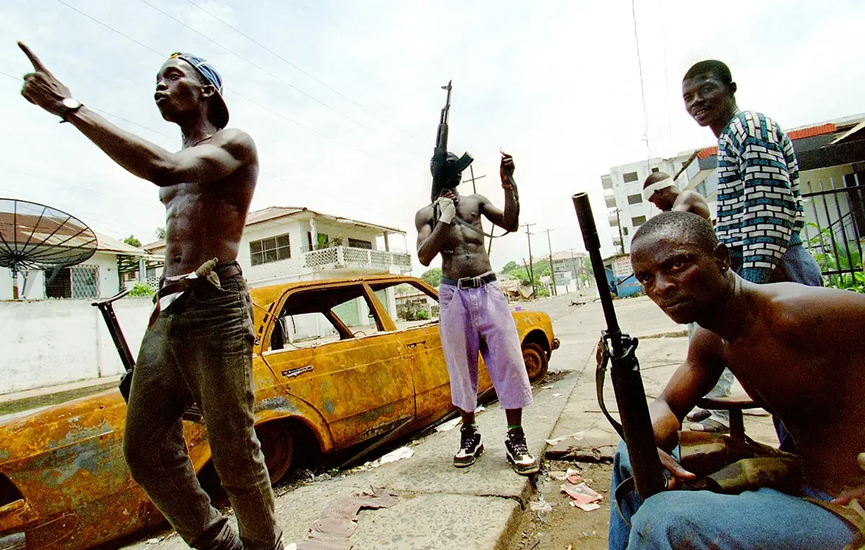Belgium has taken a historic step by deciding to prosecute Martina Johnson, a former commander in Charles Taylor’s National Patriotic Front of Liberia (NPFL), for alleged war crimes committed during Liberia’s first civil war. This decision follows a decade-long investigation that culminated in September 2025, when the Belgian Chambre du Conseil concluded there was sufficient evidence to move forward with a trial. Johnson, who has resided in Belgium since 2003, was initially arrested in Ghent in 2014 after three Liberian victims filed a formal complaint. Her case marks a rare instance of a Liberian war crimes suspect facing justice outside the country, and it is being closely watched by international legal observers.
Johnson is accused of playing a central role in Operation Octopus, a brutal military campaign launched in 1992 that targeted Monrovia, Liberia’s capital. The operation resulted in hundreds of civilian deaths and widespread displacement. Survivors have recounted harrowing experiences of torture and abuse, and Johnson’s name appeared prominently in the Liberian Truth and Reconciliation Commission’s 2009 report, which identified her as one of the most notorious perpetrators of wartime atrocities. Despite these allegations, she has lived freely in Europe for years, prompting criticism from human rights advocates who have long demanded accountability.
The upcoming trial is seen as a landmark moment in the global fight against impunity for war crimes, especially those committed during Africa’s civil conflicts. Belgium’s decision to proceed reflects its commitment to universal jurisdiction, a legal principle that allows countries to prosecute serious crimes regardless of where they occurred. If convicted, Johnson could face significant penalties, and her trial may set a precedent for future prosecutions of war crimes committed beyond national borders. For many Liberians, this development offers a glimmer of hope that justice is possible, even decades after the violence ended.
As the trial approaches, it also raises broader questions about the international community’s role in addressing post-conflict justice. While Liberia has yet to establish a war crimes court, Belgium’s actions demonstrate that other nations can step in when domestic systems fall short. The case underscores the importance of survivor testimony, persistent advocacy, and international cooperation in holding perpetrators accountable. For those who lived through Liberia’s civil war, the trial of Martina Johnson is more than a legal proceeding—it is a long-overdue reckoning with a painful past.
